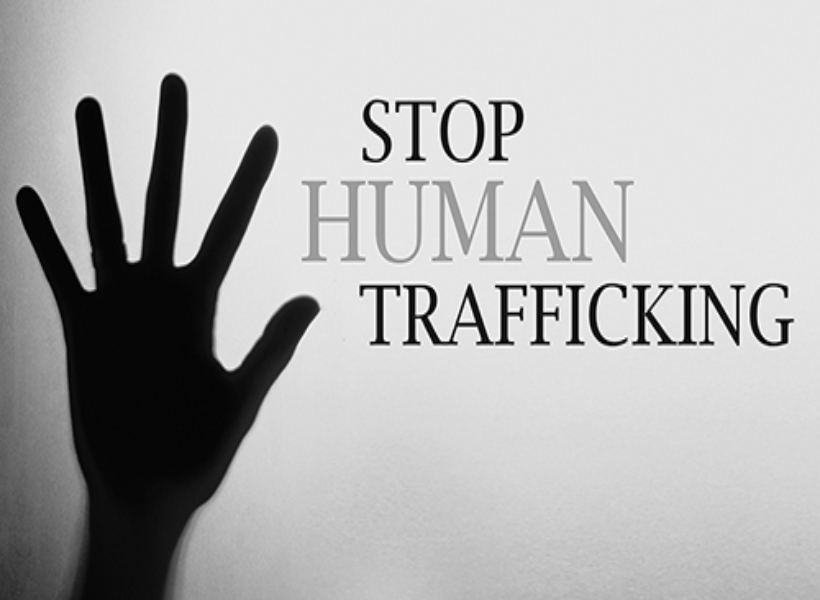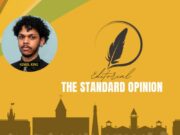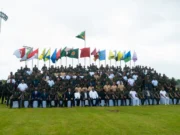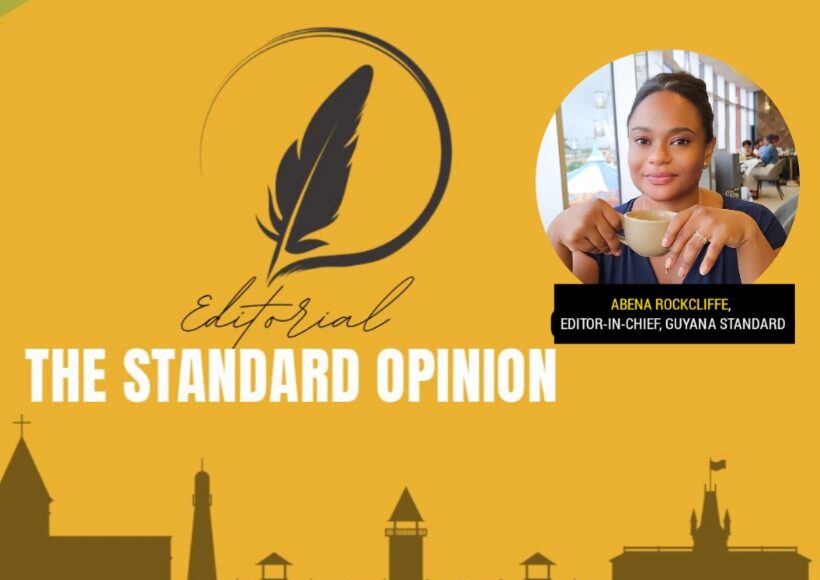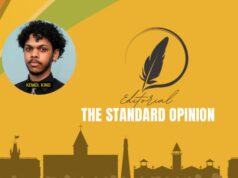By Abena Rockcliffe
It is not my intention to invalidate the feelings of others. Undeniably, some amongst us feel marginalized and oppressed. Any pro-human rights individual would support the notion of resisting oppression in all its forms. But in our resistance, Guyanese—especially afro-Guyanese—must defy the urge to liken our state to slavery.
Slavery is widely accepted as the most profound evil ever inflicted on a group of people. For 500 years, generations of black people suffered immensely.
Our ancestors, especially those field hands, were beaten, whipped, castrated, branded, pierced, shackled, tortured with limb amputation, raped, and brutally murdered.
Over those centuries, our people were forbidden from reading and writing, they didn’t have the right to religion, and their children were sold. Their wives were sold, sometimes even molested in their presence. Slaves were used as collateral to borrow money and were not even acknowledged as human.
These few lines cannot remotely do justice to sufficiently register the excruciating reality that our ancestors endured.
Nevertheless, 187 years after slavery was finally abolished in Guyana, we have black people saying, and possibly believing, that we have made no progress. The references on social media to slavery have become ubiquitous, especially close to, and on Emancipation Day.
Notable are the words of former Minister of Finance, Winston Jordan.
On the eve of Emancipation, during an online interview, Jordan sought to highlight some of the ills facing society under the rule of the People’s Progressive Party/ Civic (PPP/C). Rightfully, Jordan sought to point out the clearly immoral move by the Commissioner of Police, Clifton Hicken, to instruct ranks of the police force to “say thanks” to the force and the government of Guyana for impending promotions.
The fact that ranks, even some who are deserving of promotions, felt as if they had to make the post or risk being sidelined, speaks volumes. It speaks to oppression; it speaks to indignity. But it DOES NOT remotely equate to slavery. The very point of it being a perceived electioneering tactic goes contrary to the concept of slavery, when the black man had no voting rights.
Jordan was making his point well enough when he pointed out that police ranks, predominantly black, should be benefitting from promotions “in their normal course of work, on the strength of performance”. He highlighted the oppression when he said, “You hold back their promotion, 5, 10, 15 years, they feel stuck, then you come like a Knight…”
But then Jordan went down a road where he made light of the struggles endured by our ancestors.
Jordan said, “I feel constipated rather than emancipated…Imagine, the day before a day that is sacred in the life of people of African descent, you got predominantly African Guyanese police men and women praising (President of Guyana) Ali for taking time out to attend some conference and promoting them. We have come full circle; we are not emancipated. It is only that the planter class has changed colour and ethnicity, but Guyanese of African, indigenous, and others had to depend on a white planter class even for the little scraps. We have come full circle. It is the same all over again. How can I feel emancipated? How can I turn up at the national park tomorrow and tell myself that I am liberated? Liberated from what?
“Are we going to build on the sacrifices of our ancestors, or are we going to allow them to shed tears wherever they are? Because the tears that they shed to bring us here today were in vain.”
This is why we should avoid bringing up slavery in discourses where its severity cannot be adequately highlighted. Our ancestors did not just shed tears. They laid down their lives for the very freedom we enjoy today.
One of my favorite songs, written and composed by my dad, is ‘Bleeding with Hate.’ I grew up listening to that song. So, from a very young age, I was very familiar with the ills of slavery and the effect it can have even on the free black man.
I am fortunate to have been raised in an afro-centric home. Despite the many disagreements with my dad, he raised me to believe “knowing your history is priority to guide us and give us strength.” Many of my black brothers and sisters didn’t have the luxury of understanding history, of knowing the true nature of slavery, and knowing that our history did not start there.
That is why it is dangerous when black leaders casually liken slavery to modern-day elements of oppression. This danger manifests when young black people refer to hard work as slavery and a tough or toxic work environment as “de plantation.”
There are many ills in our society. Racism and classism are rampant. Many continue to live in poverty. Black people are nearly at the bottom of the economic ladder, and we suffer indignity. But none of this, taken all together and multiplied, amounts to slavery.
